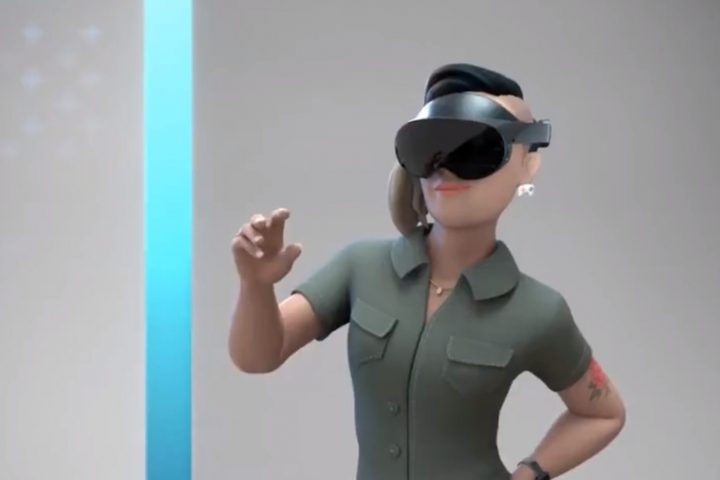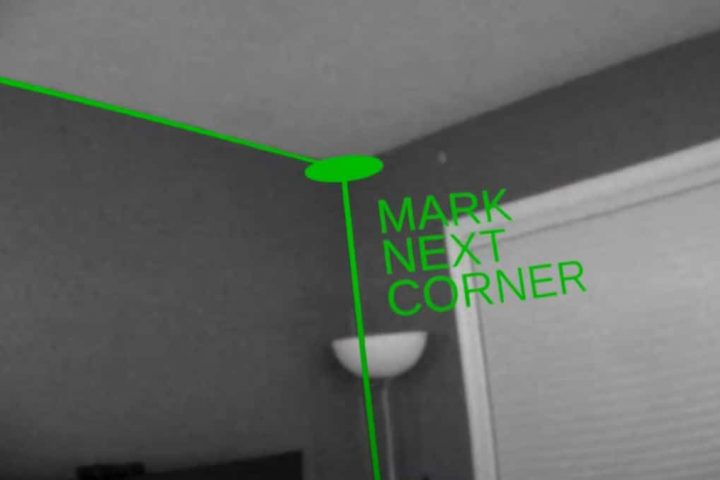
Lytro, the company that pivoted to enterprise-focused applications of its light-field technology after leaving its commercial business, is shutting down amidst a reported acquisition by Google. The company says in a recent blog post that it will “not be taking on new productions or providing professional services as [they] prepare to wind down the company.”
As reported by The Verge, Lytro’s supposed acquisition by Google was intended primarily for the purposes of hiring a “large fraction” of the light-field company’s employees. A person familiar with the matter confirmed this to The Verge, saying that former team members bound for Google will be “spread across multiple divisions, and will not be continuing Lytro’s previous camera work.”
The Verge report maintains Google will also be acquiring some Lytro assets, although there aren’t any plans to integrate them into the company’s existing projects.

Tech Crunch reported earlier last week that Google was acquiring Lytro for between $25-40 million, although neither claims have been substantiated by Google or Lytro at this time. There’s still no word on what will happen to the company’s assets, which include Lytro’s 59 patents related to light-field and other digital imaging technology.
Founded in 2006, Lytro has garnered over $210 million in funding over its lifetime, the latest cash injection amounting to $60 million back in during its February 2017 Series D round. Starting out with its 2012-era, commercially-focused Lytro Light-field Camera, the company later went on to release a prosumer camera in 2015 called Lytro Illum, which at $1600 found little support outside of niches photography circles. Light field cameras capture more information about light than conventional cameras including intensity of light, and the direction that the light rays are traveling in space. Depth information can be inferred, creating volumetric images that allow for multiple view points – something that allows for a more natural viewing experience than standard monoscopic, or even stereoscopic 360 video.
In 2015, the company pivoted and announced Immerge, their massive enterprise-focused light-field camera rig that captured volumetric video. The company later improved Immerge in their second iteration, which upped the field of view, and number of capturing elements, although it was still absolutely massive in size, and not nearing the 360-degree rig form-factor previously imagined. It was only a few months ago that Lytro acquired Limitless for $1 million, a company developing content and tools for creating cinematic VR experiences.
Despite its closure, Lytro is still confident that light-field technology will continue to shape the course of AR/VR. Here’s Lytro’s full statement below:
At Lytro, we believe that Light Field will continue to shape the course of Virtual and Augmented Reality, and we’re incredibly proud of the role we’ve been able to play in pushing the boundaries of what’s possible. We’ve uncovered challenges we never dreamed of and made breakthroughs at a seemingly impossible pace. We’ve had some spectacular successes, and built entire systems that no one thought possible. More importantly, we built a team that was singularly unified in its focus and unrivaled in its dedication. It has been an honor and a pleasure to contribute to the cinema and Virtual Reality communities, but starting today we will not be taking on new productions or providing professional services as we prepare to wind down the company. We’re excited to see what new opportunities the future brings for the Lytro team as we go our separate ways. We would like to thank the various communities that have supported us and hope that our paths will cross in the future.
The post Report: Google Acquires Light-field Company Lytro in Move to Hire Its Employees appeared first on Road to VR.
Source: Report: Google Acquires Light-field Company Lytro in Move to Hire Its Employees




